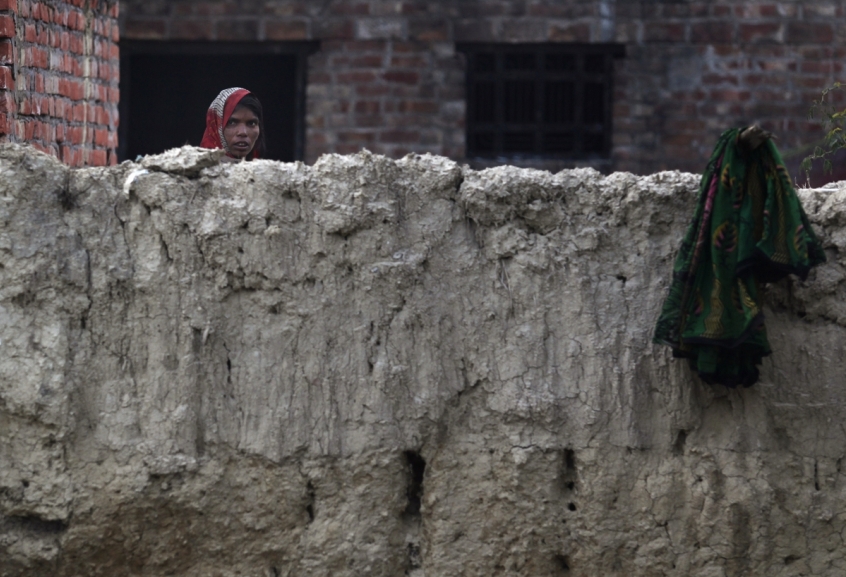Today, August 10, is marked as a 'black day' for Dalit Christians in India, who suffer not only for being a religious minority but for being part of the 'untouchable' caste.
The Dalits are the caste formerly known as the 'untouchables', a historically poor and marginalised community.. Most of India's Christian community – around 70 per cent – are part of the Dalit caste and face both social and religious discrimination in wider society and even within the Church.

The Indian Constitution enshrines certain protections and a type of 'affirmative action' (such as education/employment quotas) for the Dalit caste to offset their social disadvantages. However, the 'Black Day' marks a presidential order signed on that day in 1950, when India's first president, Rajendra Prasad, declared that 'no person who professes a religion different from the Hindu religion shall be deemed to be a member of a Scheduled Caste'. The order effectively excluded both Christian and Muslim Dalits from affirmative action programmes designed to improve conditions for them.
The day has been used as a focus for campaigning against the legislation since 2009. The Catholic Bishops' Conference of India (CBCI) has called for black badges to be worn, alongside hosting rallies, meetings and candle-lit vigils to raise awareness of the day.
The CBCI website highlights caste discrimination not just in Indian society but within the Church.
The most Rev Dr A Neethinthan, Bishop of Chingleput, wrote in an August newsletter that today was 'an opportunity for Christians to commit themselves to root out casteism and discrimination from within the Church. All of us acknowledge and even assert that caste discrimination and untouchability are against the fundamental tenets of Christianity.
'However, we are painfully aware that practices of untouchability and discrimination do exist in the Church. The CBCI has repeatedly condemned cast discrimination and called for the eradication of the same.'
Neethinthan quoted a 1982 CBCI declaration which condemned the caste system as a 'denial of Christianity because it is inhuman. It violates the God-given dignity and equality of the human person. Human dignity and respect are due to every person and denial of this is a sin against God and man. It is an outright denial of the fatherhood of God'.













